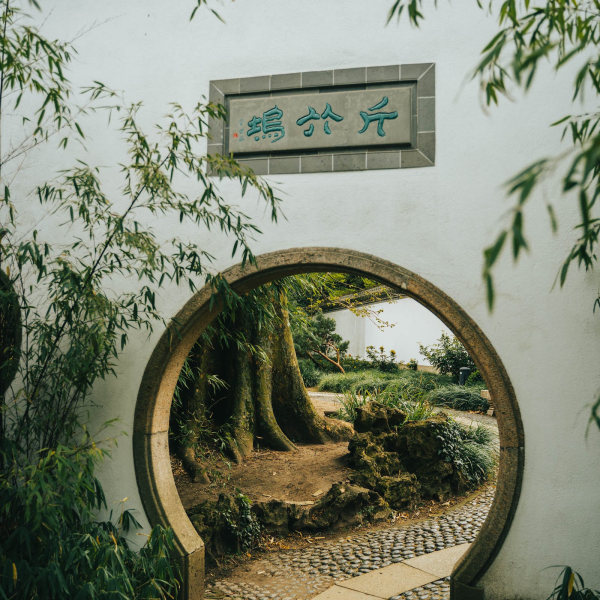推荐国内书单的理由英文
As a seasoned website editor, I have had the pleasure of curating numerous book lists over the years. Among them, the list of recommended Chinese books stands out for its diversity, depth, and the unique cultural insights it offers. Here, I would like to share with you the compelling reasons why this domestic book list is not only a treasure trove for readers but also an essential part of understanding modern China.
Firstly, the books on this list encompass a wide range of genres, from classic literature to contemporary fiction, from historical texts to modern essays. This variety ensures that readers of all tastes and interests will find something to captivate them. Whether you are a fan of the profound and philosophical works of Lu Xun or the gripping and contemporary narratives of Jia Pingwa, this list has it all.
Secondly, these books provide an unparalleled glimpse into the rich tapestry of Chinese history and culture. From the ancient wisdom of "The Analects of Confucius" to the vivid depiction of modern life in "The Vagrant," readers are taken on a journey through time and space, exploring the complexities of Chinese society, its values, and its evolution. This insight is invaluable for anyone looking to deepen their understanding of China, whether for personal interest or professional purposes.
Moreover, the list includes works by both established and emerging authors, offering a balanced perspective on the literary landscape of China. Celebrated authors like Mo Yan and Mai Jia are featured alongside lesser-known but equally talented writers, ensuring that readers are introduced to a broad spectrum of voices and literary styles. This not only enriches the reading experience but also fosters a greater appreciation for the diversity of Chinese literature.
Another reason to delve into this domestic book list is the opportunity to explore the social and political issues that have shaped modern China. Books like "The Road Not Taken" by Yang Jisheng and "The Fat Years" by Chan Koonchung offer thought-provoking insights into the country's past and present, challenging readers to question and reflect on the trajectory of Chinese society. This kind of engagement is crucial for fostering critical thinking and a deeper understanding of global issues.
Furthermore, the list includes translated works that make Chinese literature accessible to a global audience. These translations are not only of high quality but also provide a bridge between Chinese and international literature. By reading these books, readers can gain a more nuanced perspective on the universal themes that connect us all, such as love, loss, and the human condition.
Lastly, the books on this list are not just for entertainment; they are also educational. They offer readers the chance to improve their language skills, whether they are learning Chinese or looking to enhance their proficiency. The rich vocabulary, intricate sentence structures, and cultural references provide a valuable learning experience for language enthusiasts.
In conclusion, the recommended domestic book list is a gateway to the heart and soul of China. It offers a diverse and engaging selection of literature that not only entertains but also educates and inspires. Whether you are a literature buff, a history enthusiast, or simply someone looking to expand their horizons, this list is a must-read. It is a journey through the pages of time, a exploration of the human experience, and a celebration of the beauty and complexity of Chinese literature.












